On the 25th May 2023, PATH and the Global Digital Health Hub (gdhub) co-hosted a World Health Assembly (WHA) side event at the Global Fund in Geneva. This international gathering brought together a range of experts, implementers and policymakers to highlight the importance of knowledge management in the development and implementation of global digital health.
The event was officially opened by Erika Placella, Head of Health at the Swiss Agency for Development and Cooperation, setting the stage for a series of lively discussions on the transformative role of digital health.
Building on this momentum, Dr. Caroline Perrin used the parable of blindfolded individuals trying to describe an elephant to illustrate the complexity of the digital health landscape. She emphasised that effective communication and understanding of different perspectives are essential to navigate this complex terrain, much like trying to understand the full shape of the elephant. Highlighting the role of iCHECK-DH, she explained that this set of guidelines and checklist, developed by global experts, aims to remove the ‘metaphorical blindfolds’ by standardising the reporting of digital health implementations. The iCHECK-DH guidelines are designed to improve the quality of reporting and implementation practices and to promote a shared, accessible knowledge base in digital health for all stakeholders.
The introductory session set the stage for the following panel discussions, in which Béatrice Garrette from the Fondation Pierre Fabre and Riccardo Lampariello from D-tree discussed their experiences in digital health implementation, exploring the benefits of knowledge sharing and the role of the iCHECK-DH guidelines in advancing digital health maturity. Reflecting on past failures, they emphasised the value of learning from mistakes, and shared strategies for encouraging and standardising the sharing of digital health implementation knowledge, even in the face of failure. Looking to the future, the panel envisioned a world in which collective digital health knowledge is universally accessible and informs policy decisions, and discussed the potentiel long-term impact of widespread adoption of the iCHECK-DH guidelines within the digital health community.
This was followed by Dr. Henry Mwanyika and Sar Aminatou from PATH’s illuminating discussion on knowledge management and the DUAL model. In his presentation, Dr Henry Mwayika, who leads PATH’s digital portfolio in Africa, discussed Tanzania’s significant progress in digital transformation in the health sector to achieve universal health coverage and SDG3. Highlighting the results of the investment, Dr Mwayika described improved health service delivery, better use of data for decision-making, and more efficient resource monitoring. He outlined PATH’s six-step process for digital transformation, which includes leadership, strategy, investment roadmap, health enterprise architecture, interoperable tools, and systemic change and feedback on data use. Tanzania is currently in the final stage, exploring the establishment of a Centre for Digital Health. Dr Mwayika then introduced the Data Use Acceleration and Learning (DUAL) model.
The Data Use Acceleration and Learning (DUAL) model comprises ten essential elements of a digital health programme: leadership and governance, policy, strategy, investment, system architecture, services and applications, data use ecosystem, workforce, infrastructure and change management. The model highlights two new elements, data use ecosystem and change management, as critical to digital transformation. The data use ecosystem refers to the practices and motivations of health workers that support data-driven decision making, while change management highlights the importance of considering how digital transformations affect health workers. Strategies to support change management should be part of the digital health strategic plan, with key findings from DUAL highlighting the need for awareness campaigns, leadership buy-in and educating health workers on the benefits of digital health.
Dr. Derrick Muneene from the World Health Organization (WHO), rounded off the discourse by presenting WHO’s strategy and action plan. He shared four critical objectives of the WHO digital health strategy during his speech. The first was to promote global collaboration and advance the knowledge transfer on digital health, aiming to foster international cooperation and shared learning. The second objective focused on advancing the implementation of national digital health strategies, emphasizing the importance of personalized and strategic approach at a national level. Strengthening governance for digital health at global, regional, and national levels was the third objective, emphasizing the necessity of robust oversight and administration. The final objective advocated for people-centred health systems enabled by digital health, underlining the critical role of digital technologies in putting people at the centre of health care systems.
In the closing remarks of the Digital Transformation Insights and Learnings event, Laurie Werner, co-lead of PATH’s Center of Digital and Data Excellence, urged participants to take individual actions to accelerate digital transformation and improve health outcomes. Specific calls to action were issued to country governments, funders and implementers. Governments were encouraged to use data to guide digital transformation investments, establish governance bodies, and design data tools that address infrastructure challenges. Funders were urged to align investments with country visions, invest in foundational, country-led activities, and recognise the true costs of digital and data infrastructure. Implementers were urged to align activities with government strategies, apply user-centred design approaches, and build capacity for data use at all levels of the health system. All participants were encouraged to embrace the principle of ‘sharing is caring’ by sharing their experiences using the iCHECK-DH guidelines and fostering a collective effort to advance the digital health ecosystem for all.
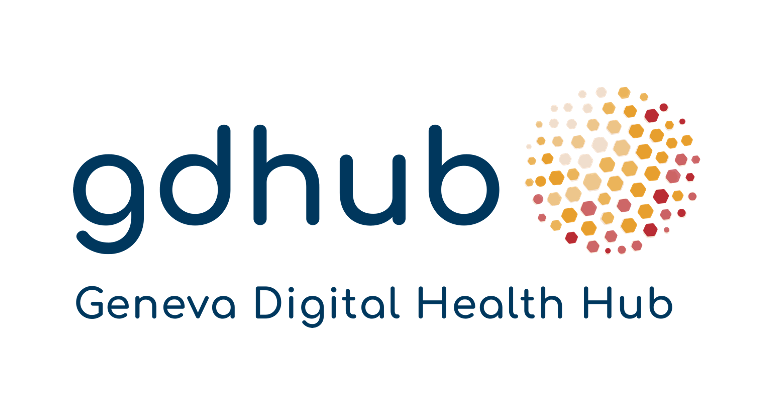

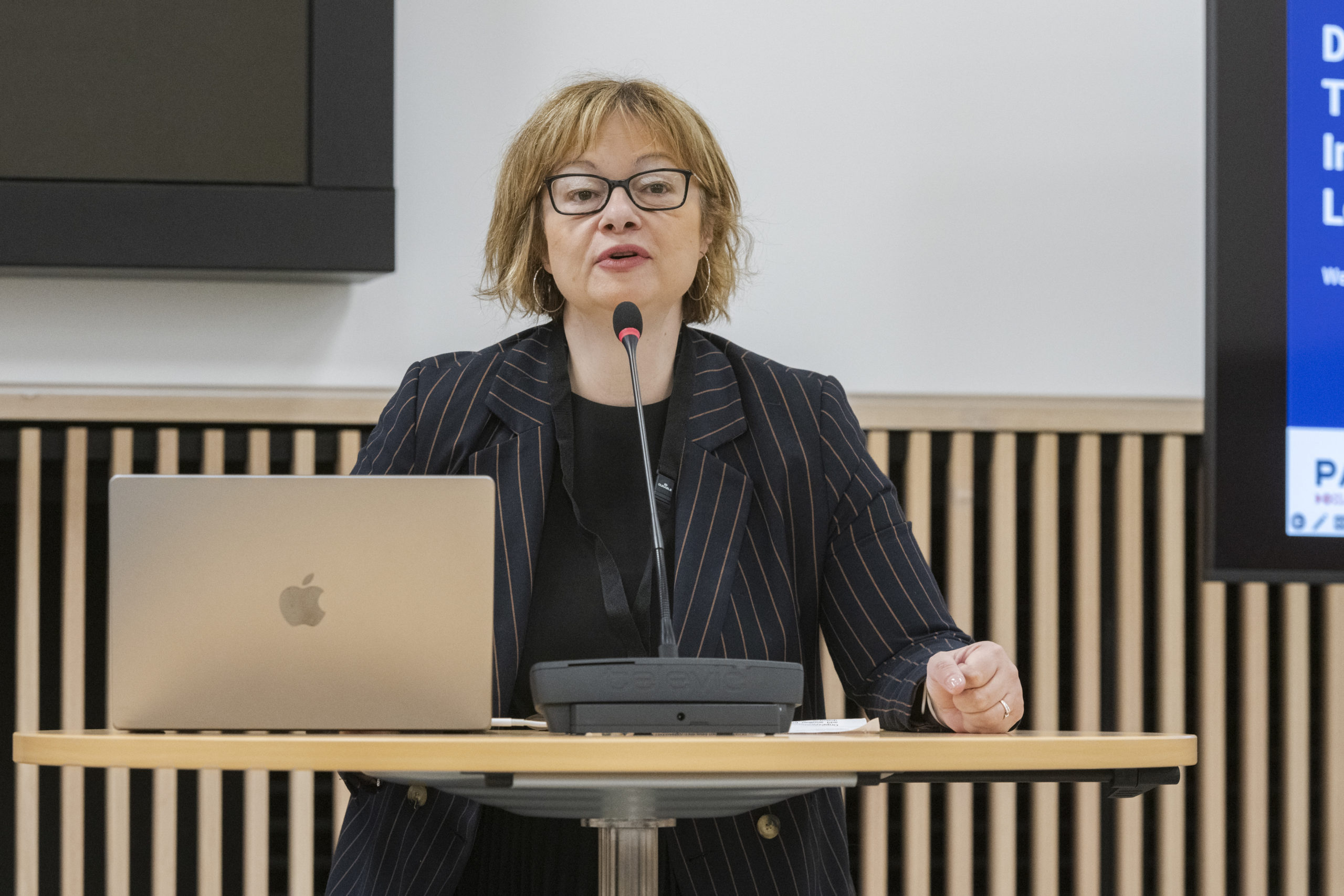
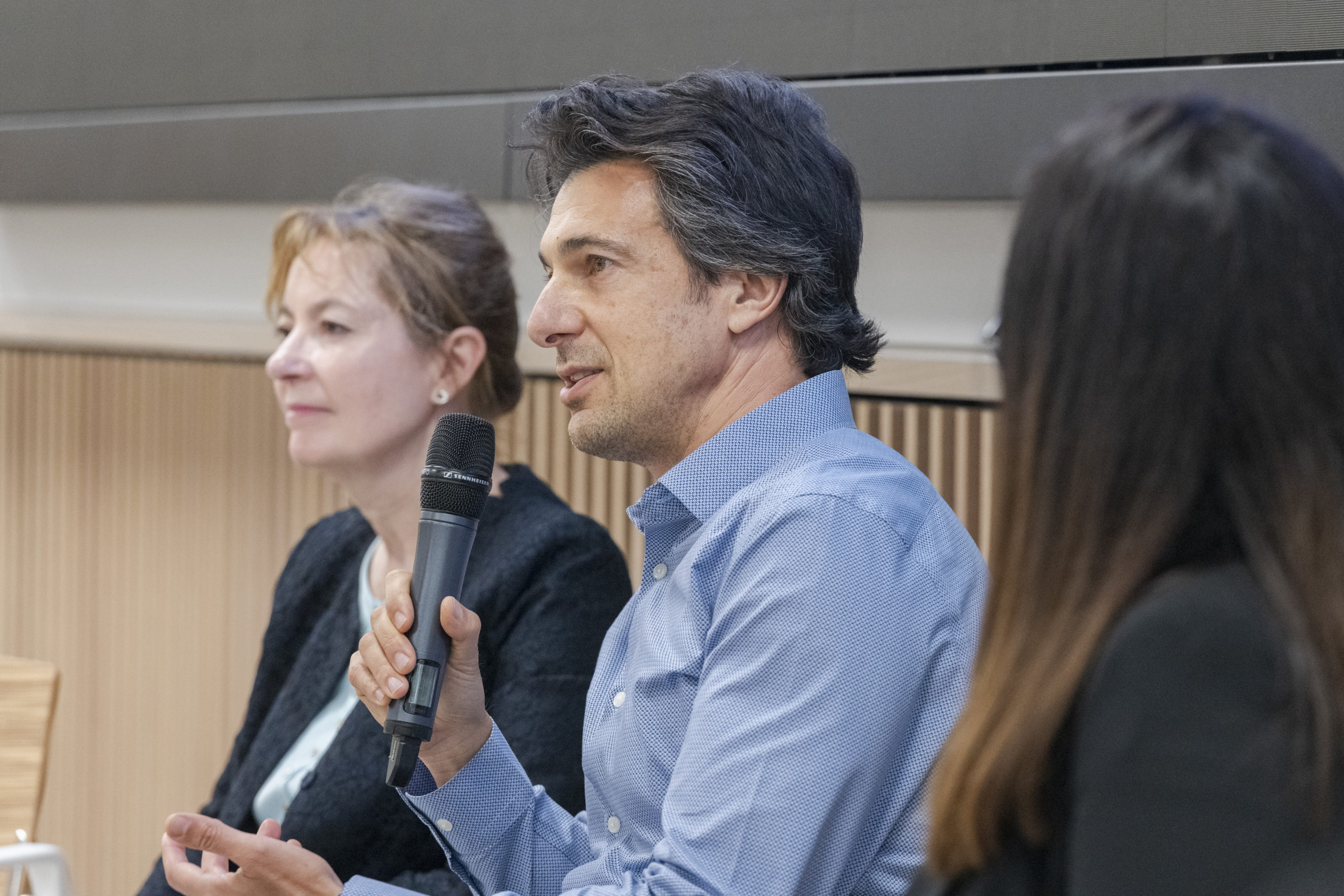
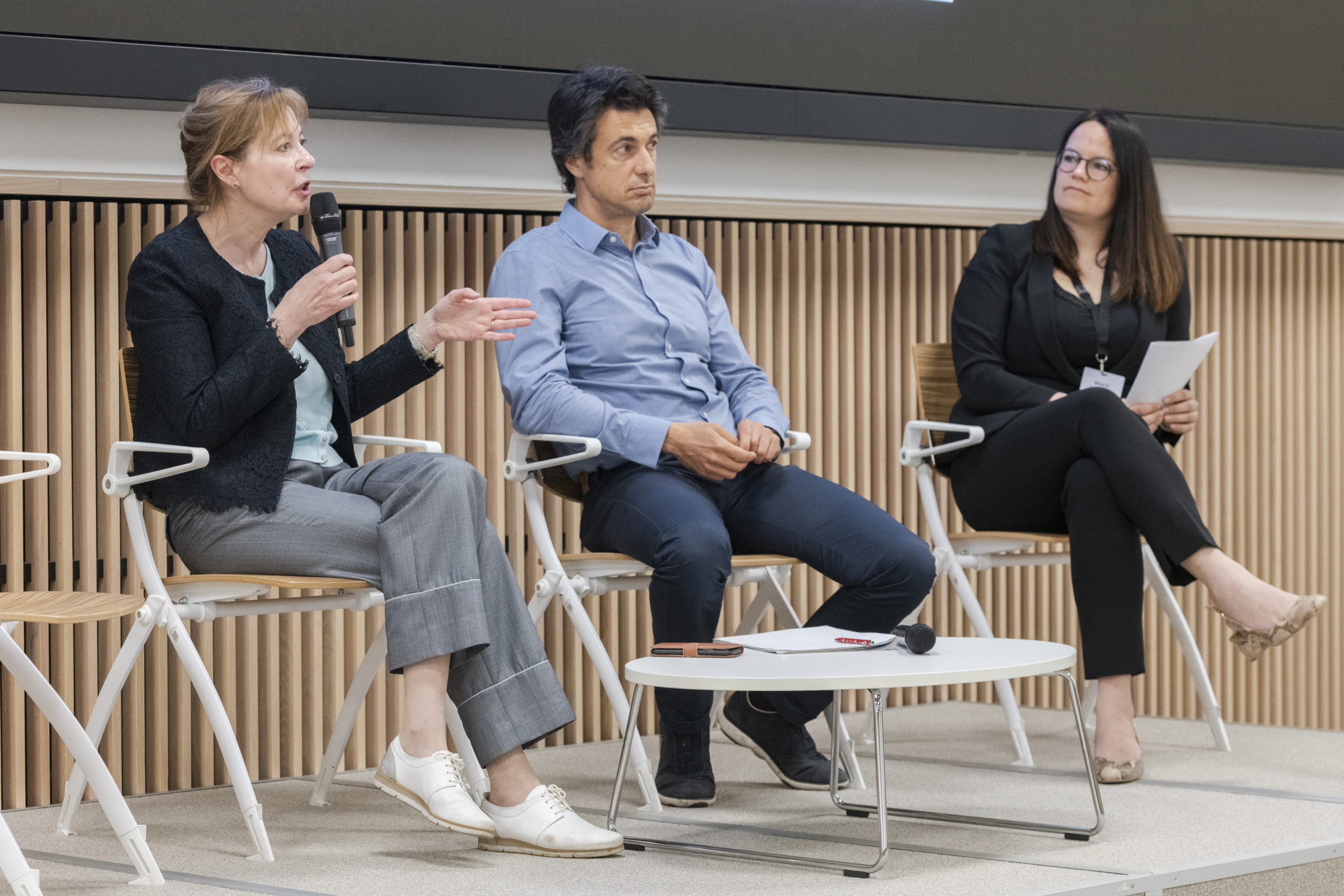

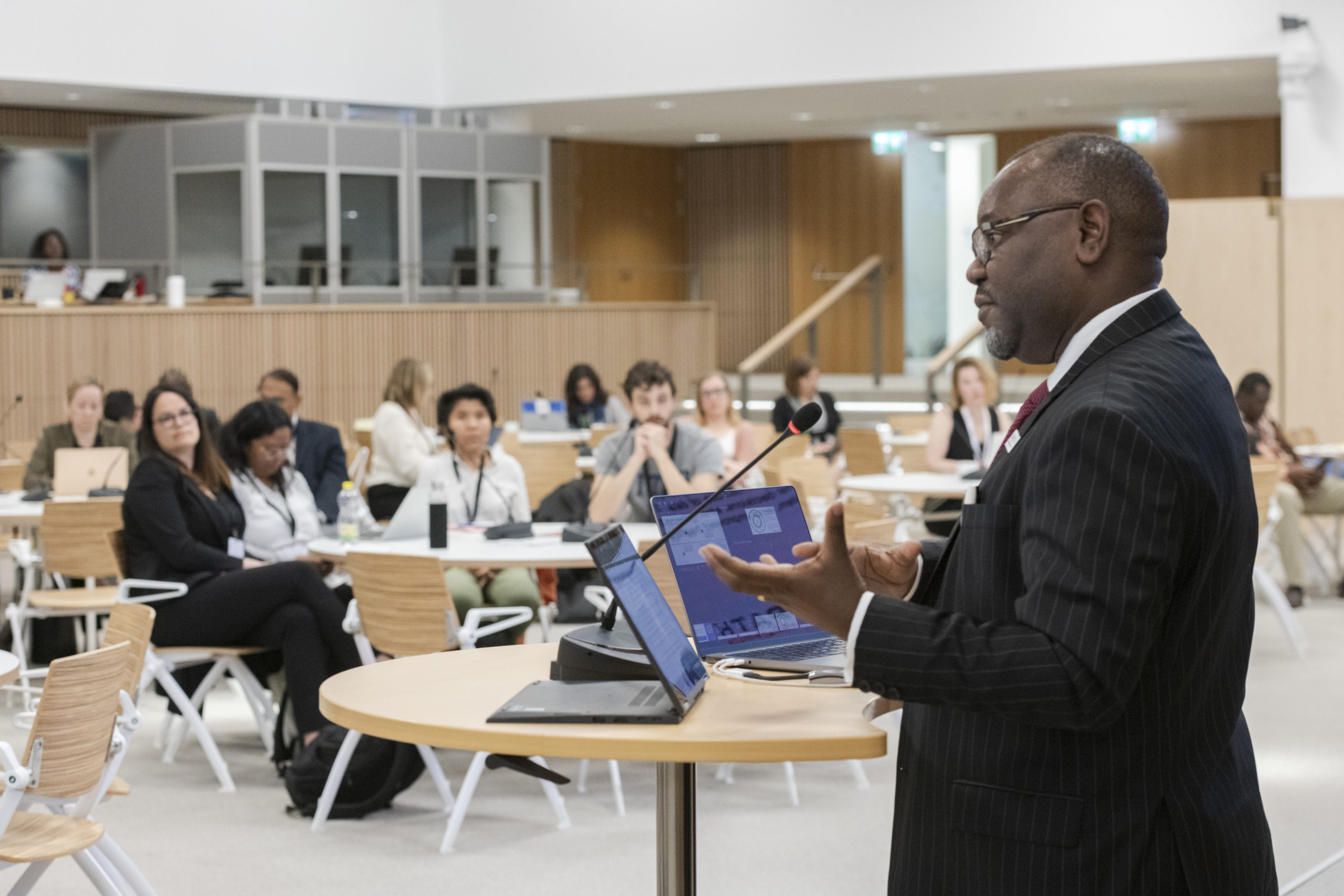

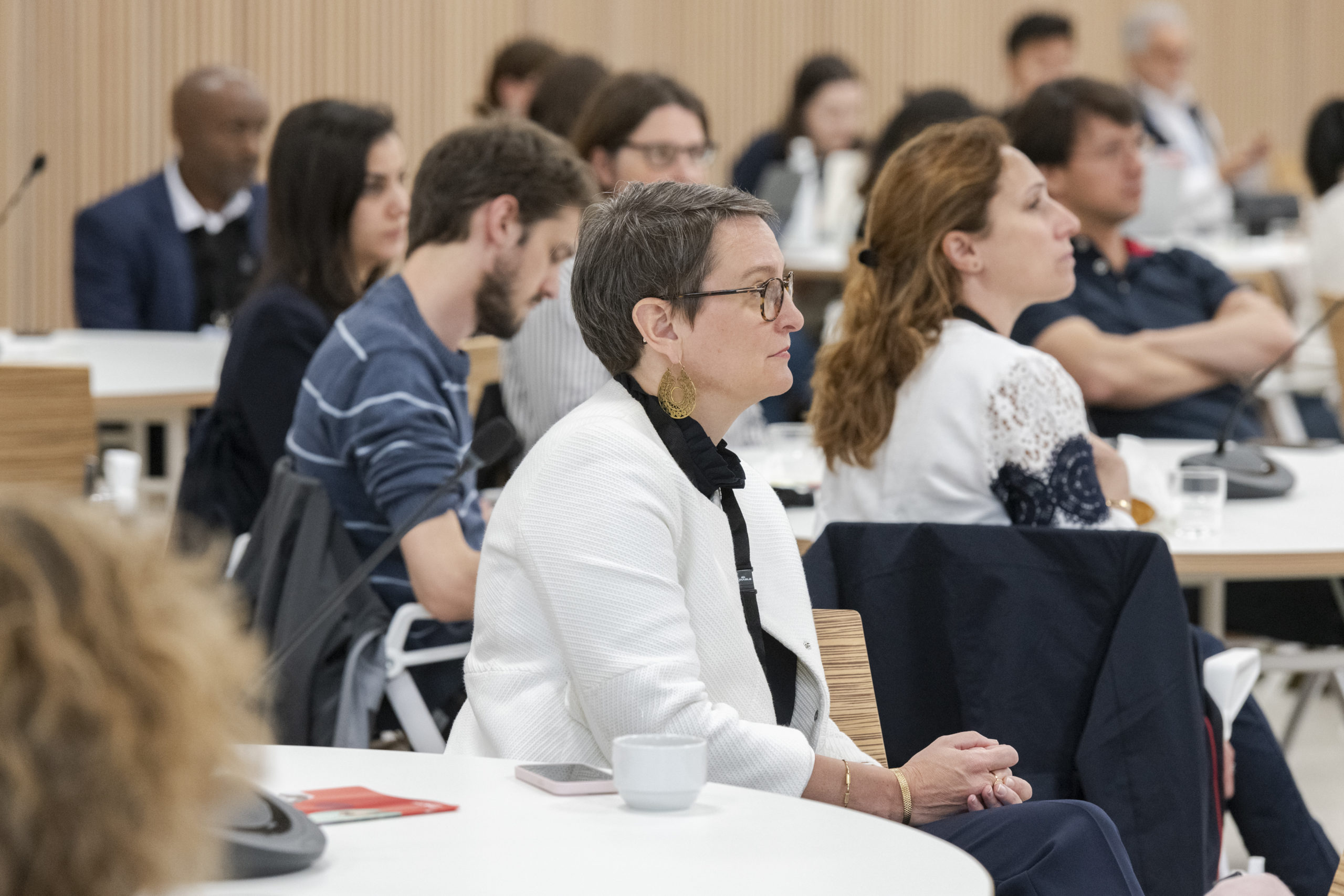




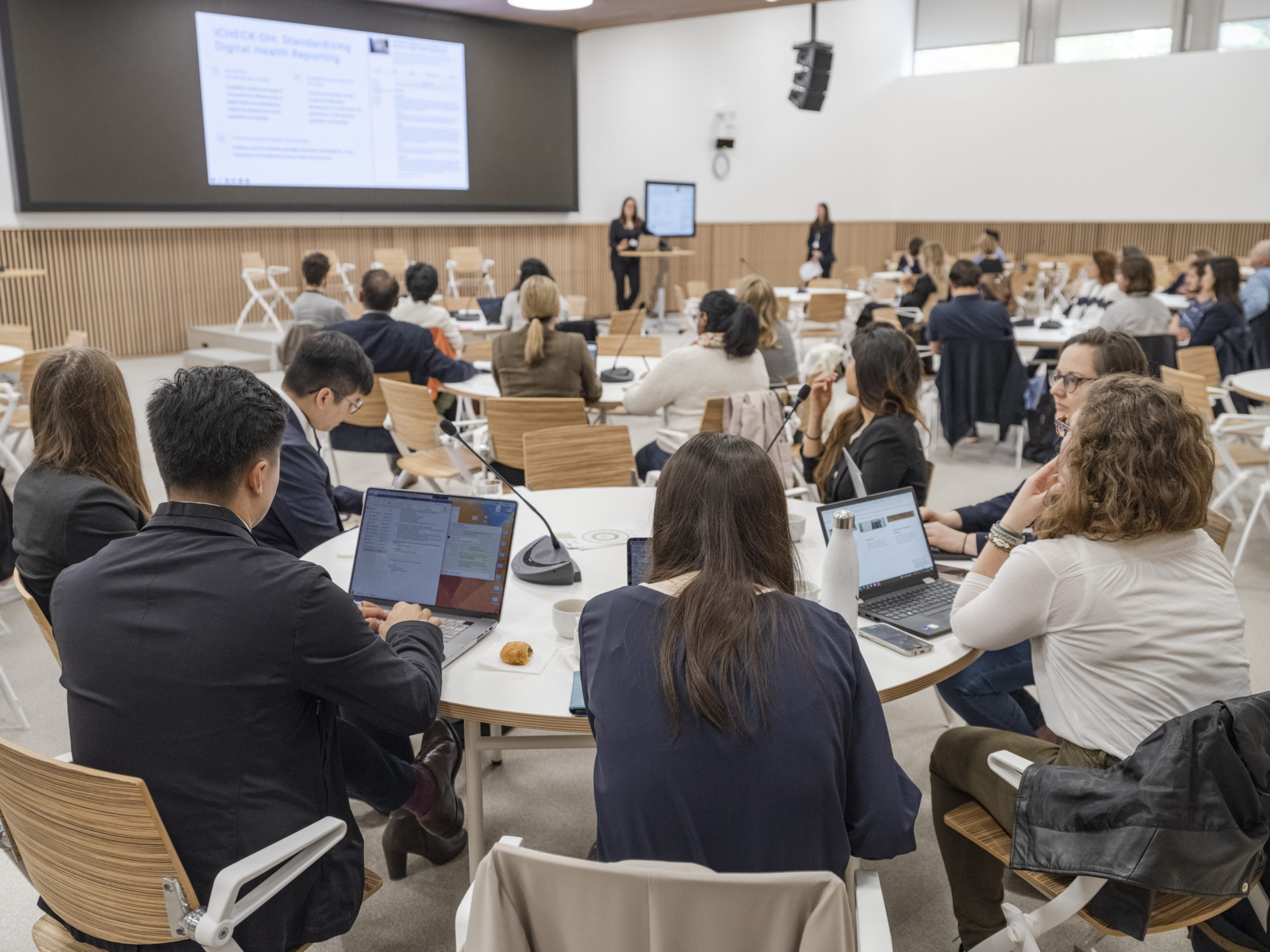

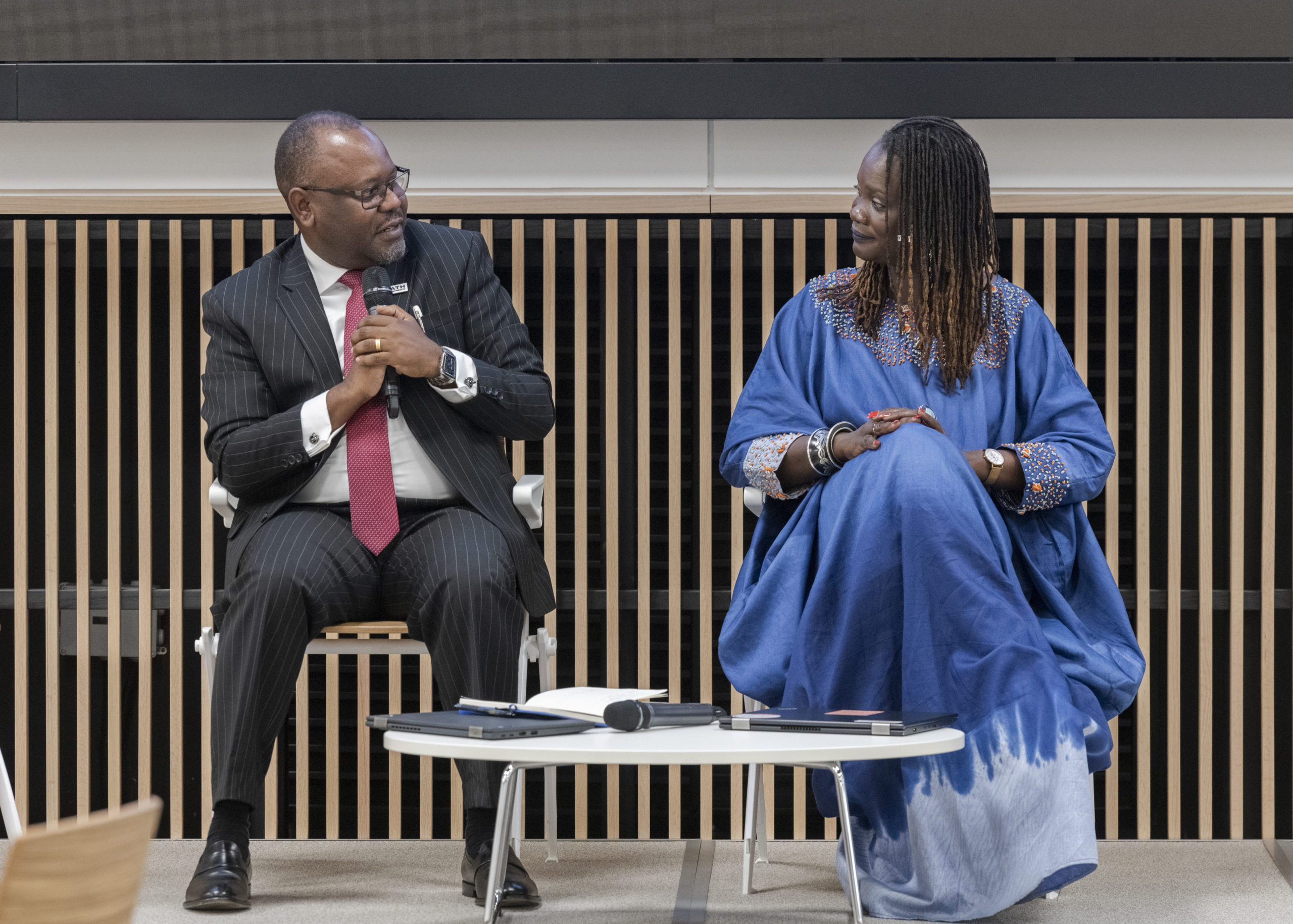
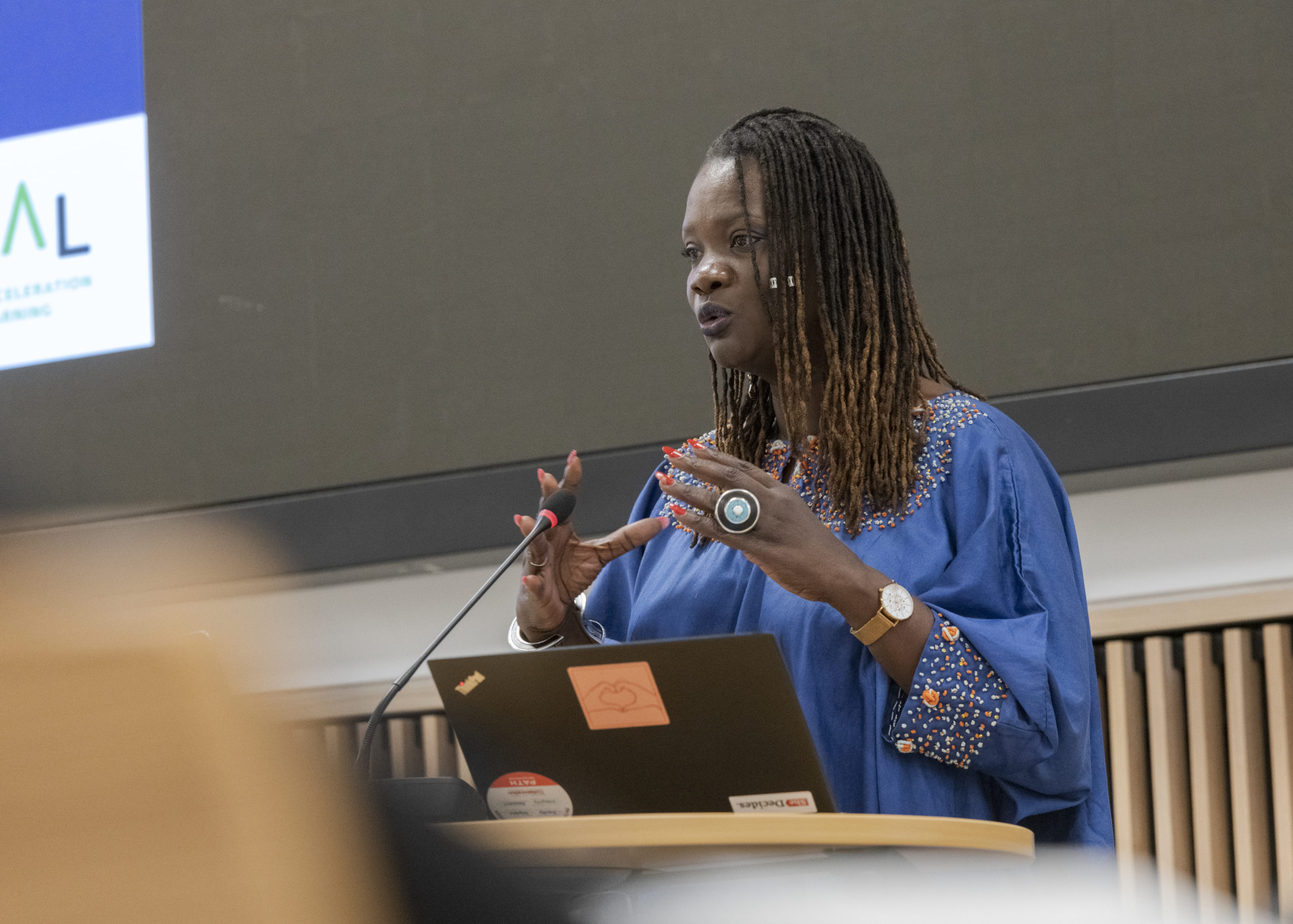
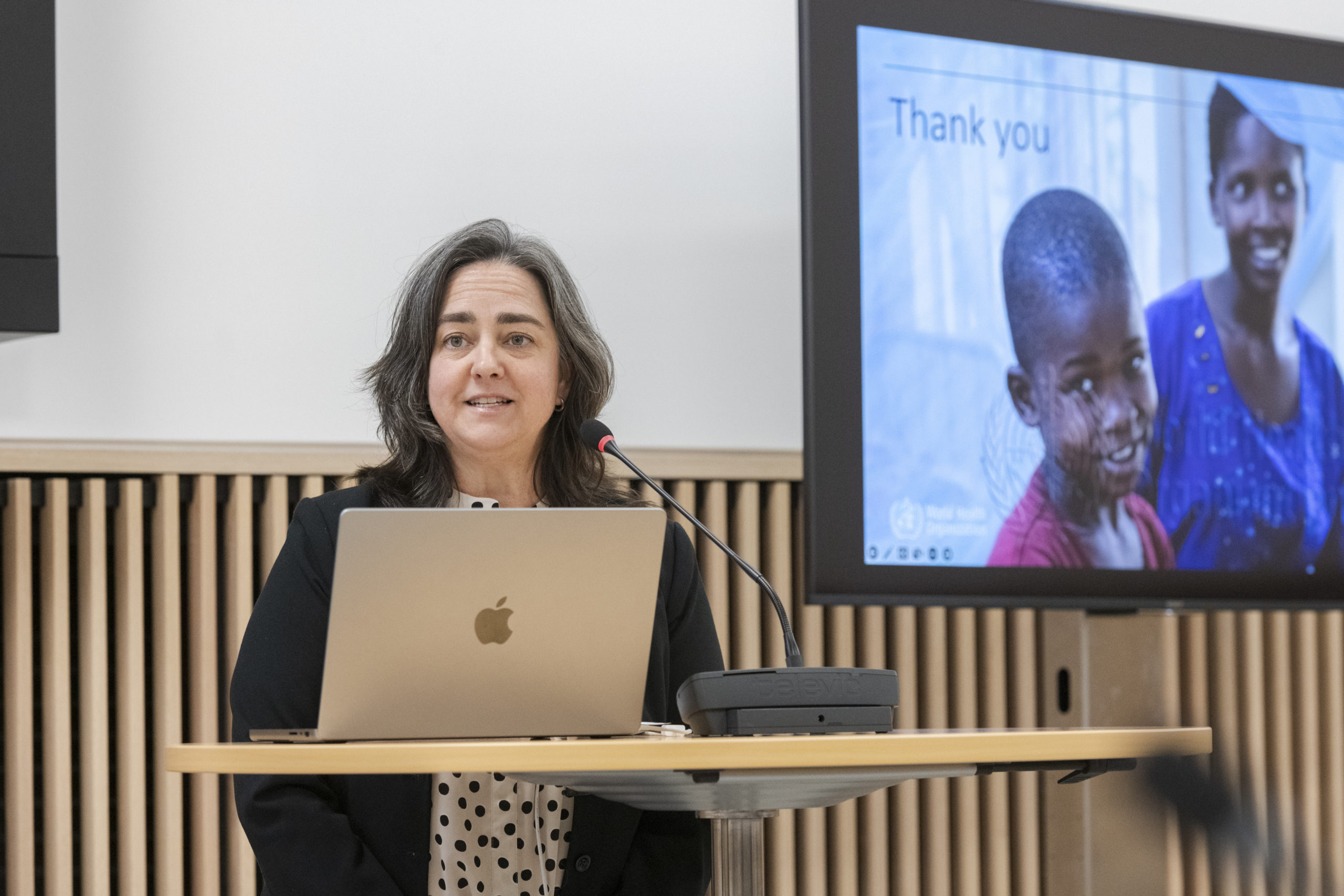

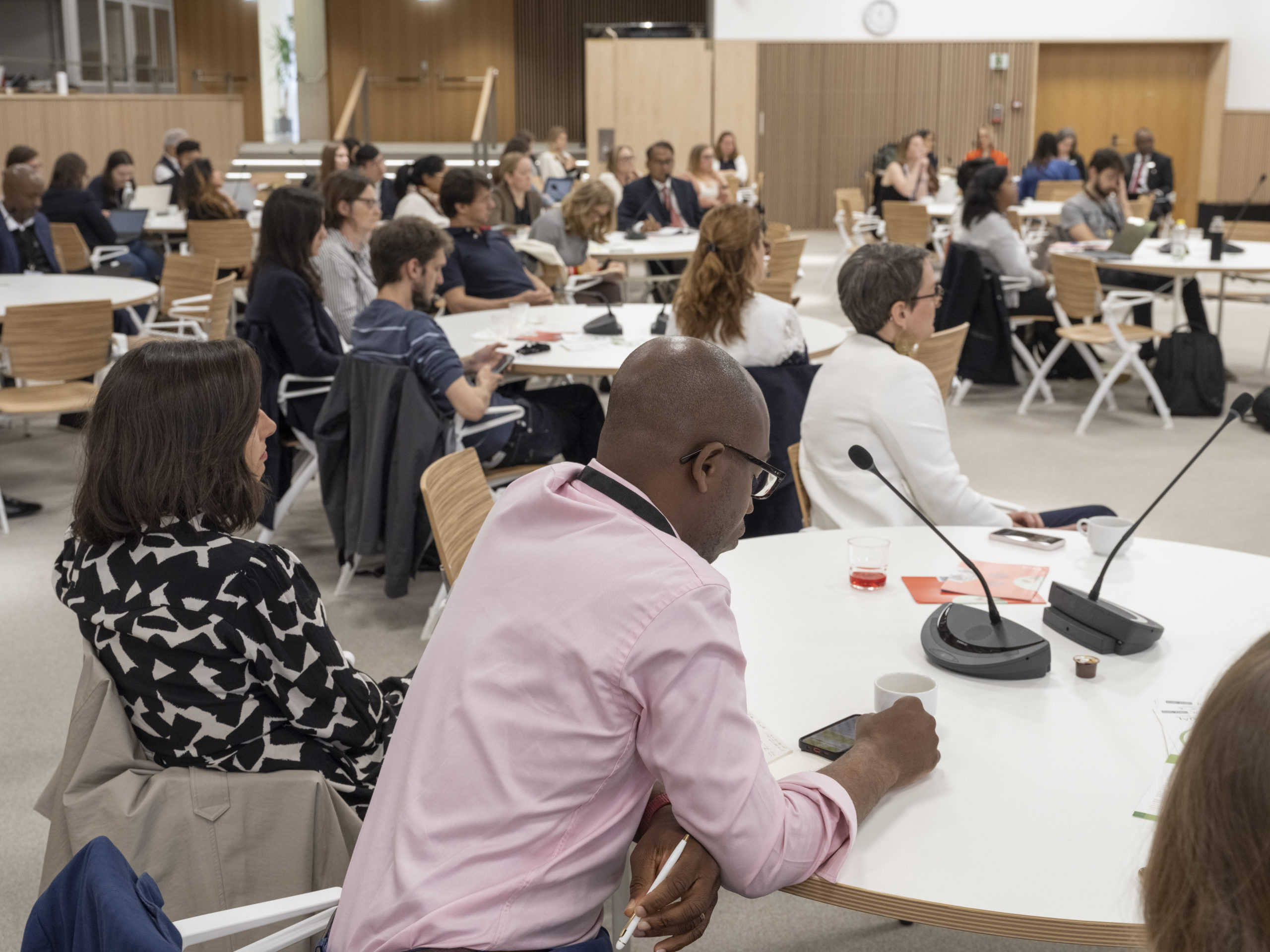


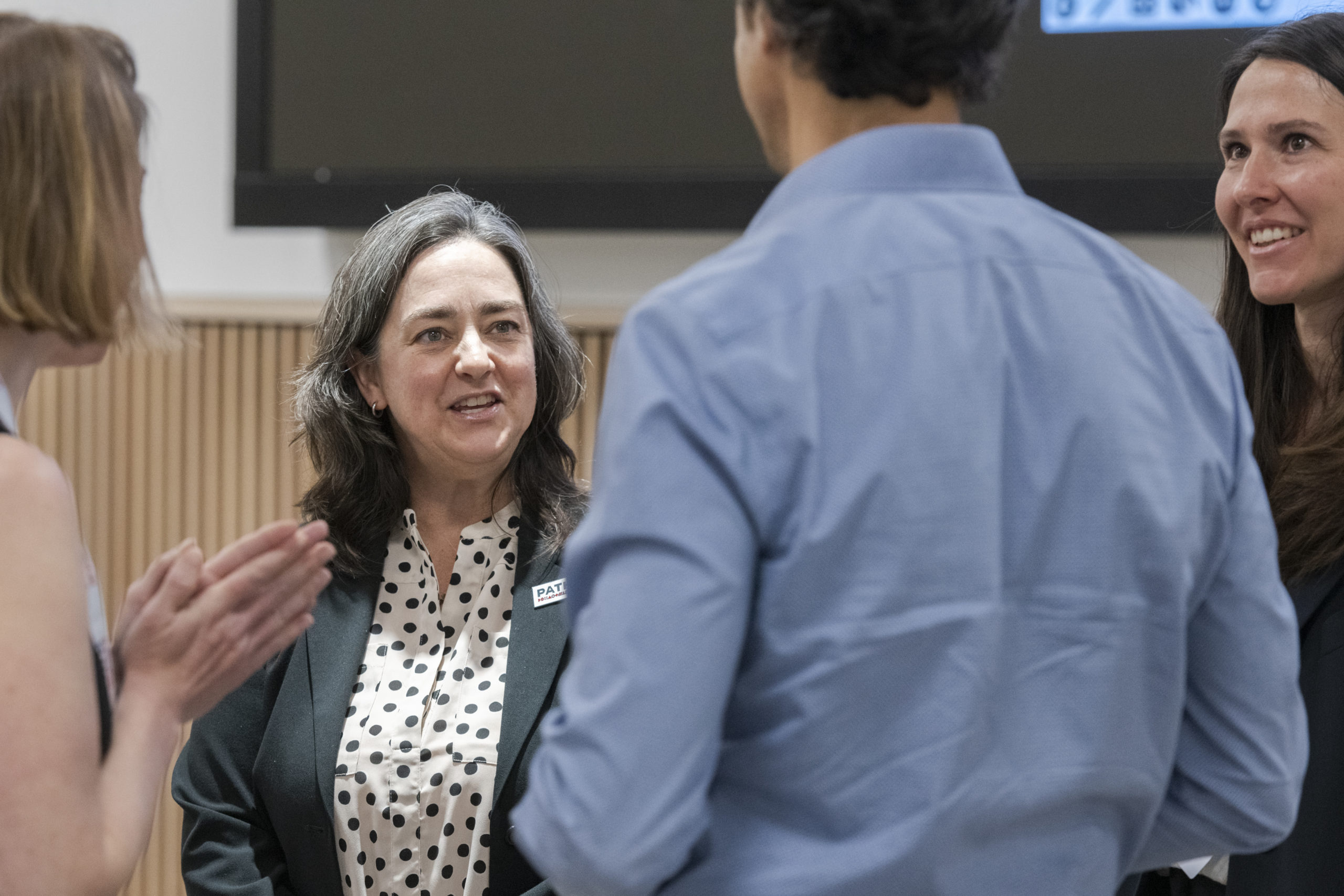


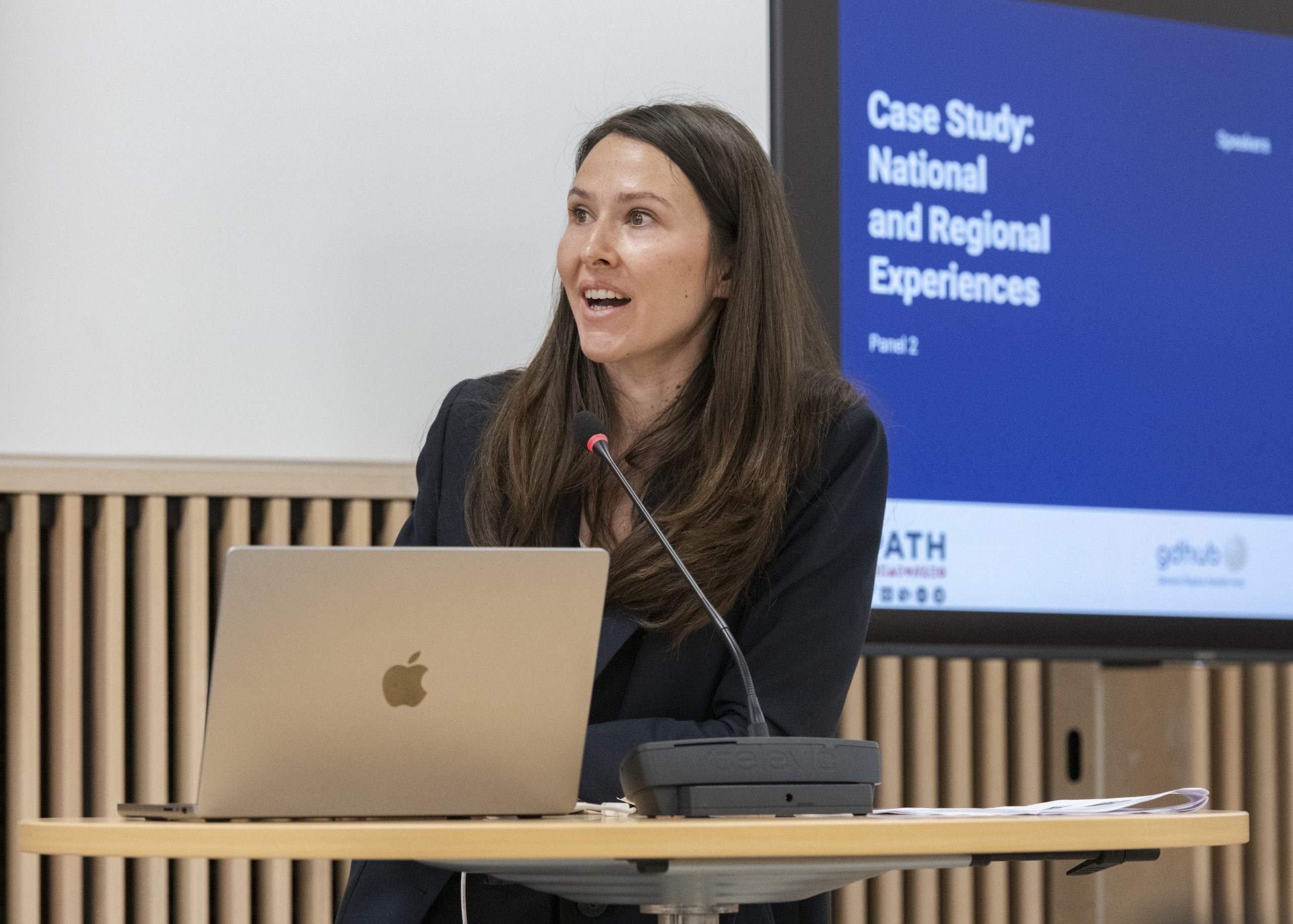
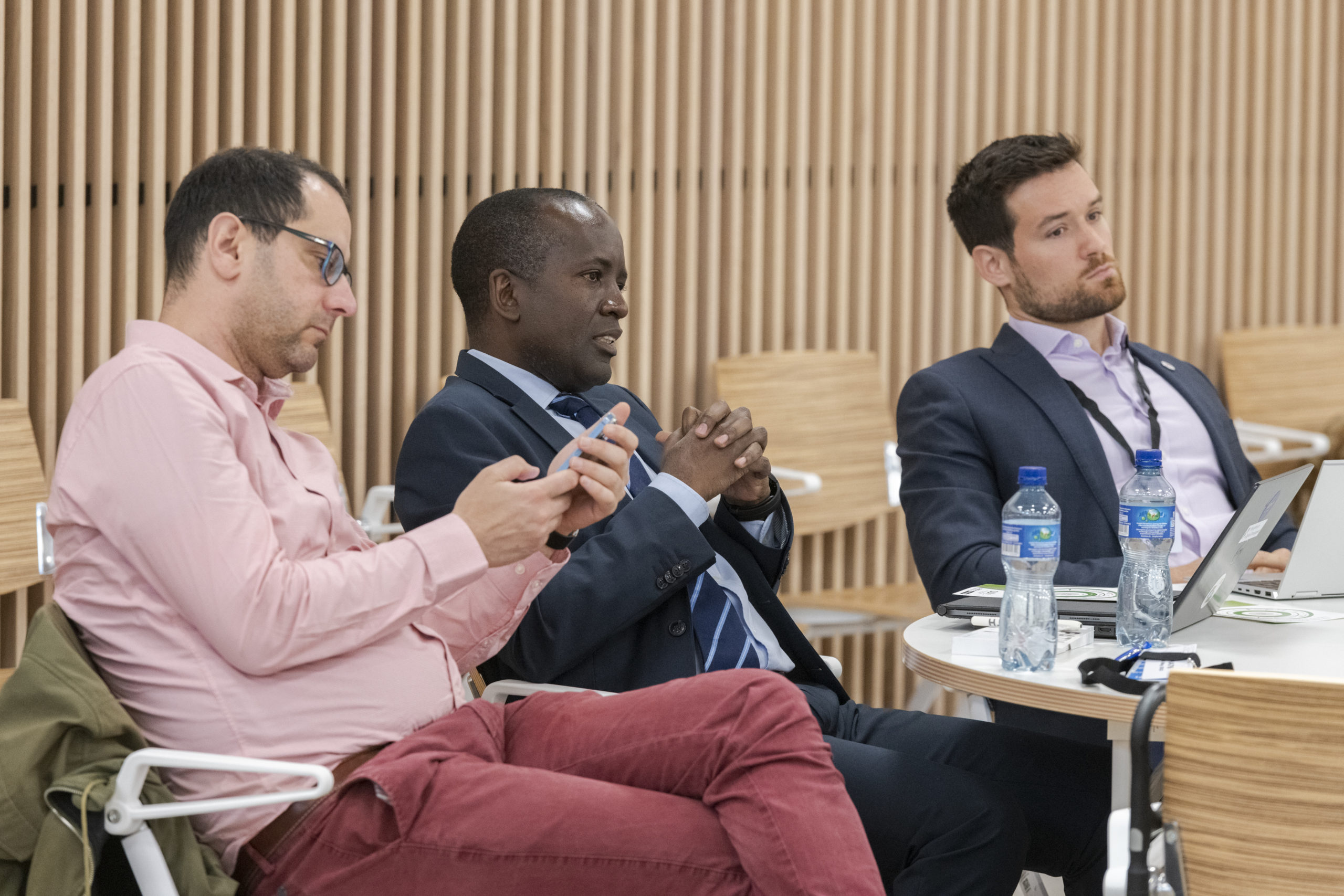





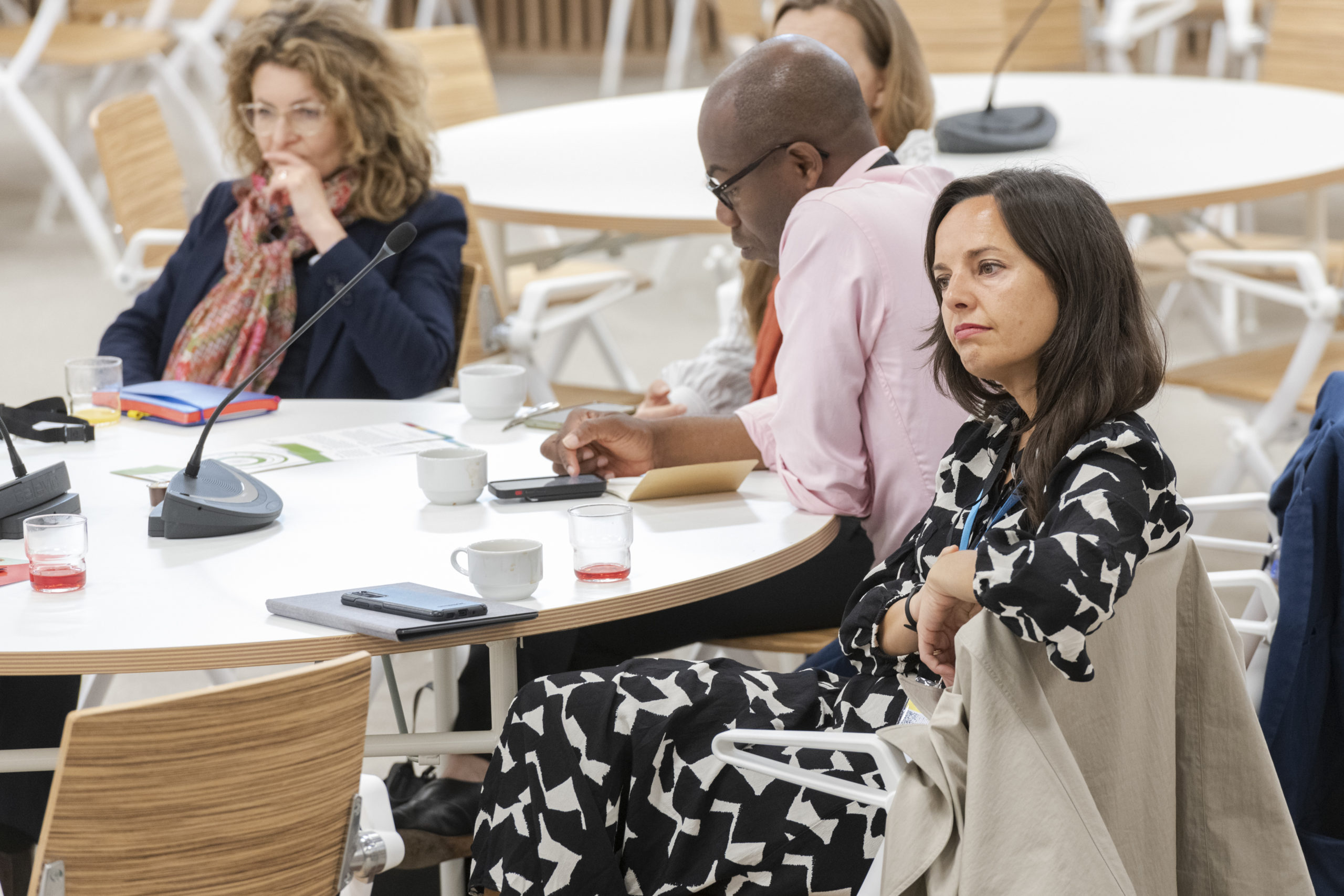

Recent Comments